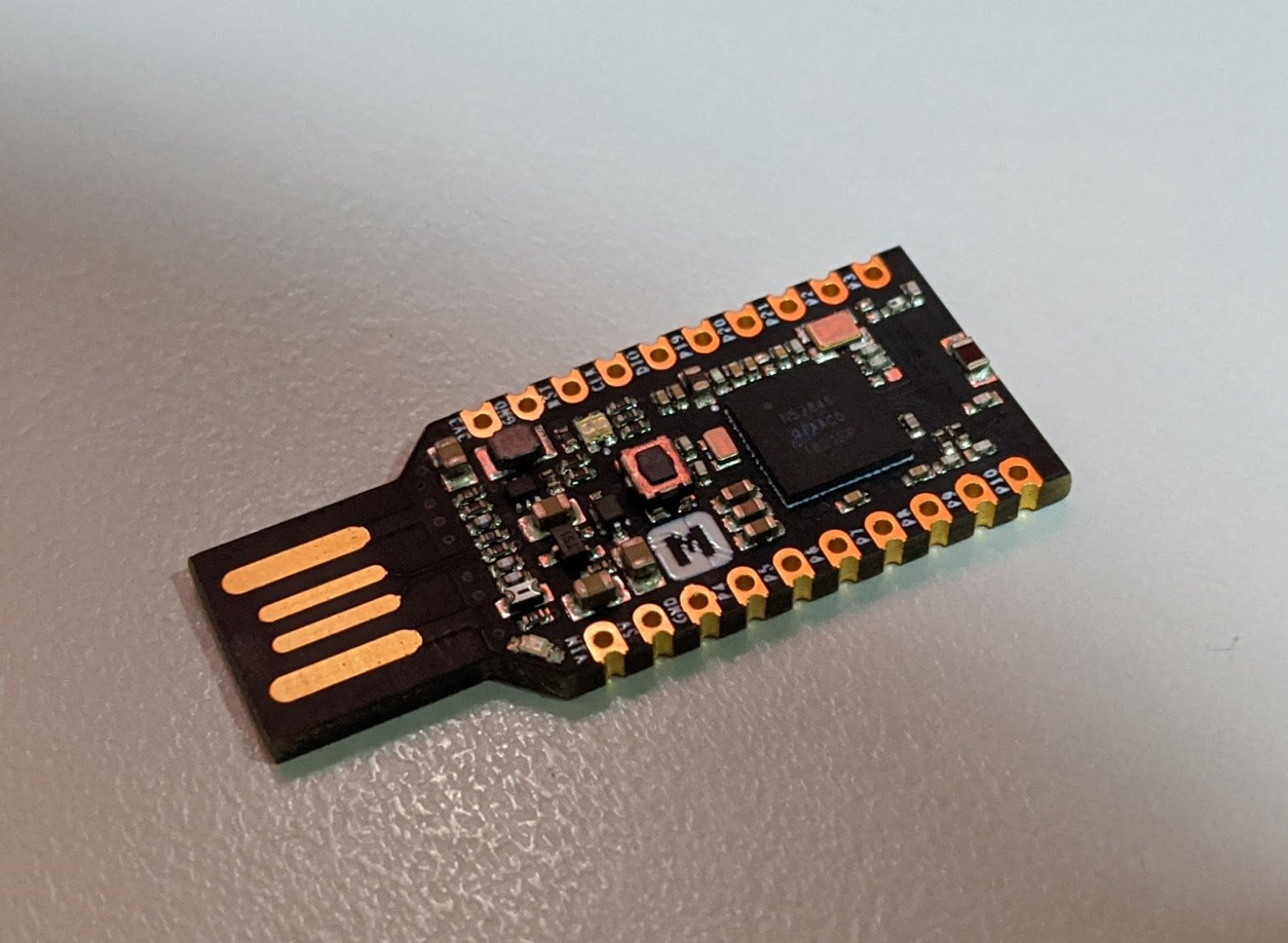This article originally appeared on Joshua Powers’ blog
Ssh Keygen Openssh
Portable OpenSSH. Contribute to openssh/openssh-portable development by creating an account on GitHub. For administrators looking to use FIDO or U2F on the server side all that is required is a version of OpenSSH server, 8.2 or newer, that supports the new key types. The new public key types and certificates “ecdsa-sk” and “ed25519-sk” support such authentication devices.
One of the most exciting security enhancements in Ubuntu 20.04 LTS (Focal Fossa) is the ability to use the Fast Identity Online (FIDO) or Universal 2nd Factor (U2F) devices with SSH. By using a second authentication factor via a device, users can add another layer of security to their infrastructure through a stronger and yet still easy to use mechanism for authentication. Ubuntu 20.04 LTS includes this feature out of the box through the latest version of OpenSSH 8.2.
- OpenSSH, the internet's most popular utility for managing remote servers, has added today support for the FIDO/U2F protocol. This means that starting with OpenSSH 8.2, released today, users can.
- FEATURE: Add FIDO/U2F Support. Added new hostkeys@openssh.com extension to facilitate public key discovery and rotation for trusted hosts (for.
- The first issue with setting this up is that while Windows 10 does ship with OpenSSH client (and server), it does not ship with PKCS#11 support enabled. Indeed, the version provided even with 20H1 (the current most recent non-Insider build) is 7.7p1, while the current upstream release would be 8.3p1.
For users, once keys are in place only a tap of the device is required to log in. For administrators looking to use FIDO or U2F on the server side all that is required is a version of OpenSSH server, 8.2 or newer, that supports the new key types.

The new public key types and certificates “ecdsa-sk” and “ed25519-sk” support such authentication devices. General handling of private and public key files is unchanged; users can still add a passphrase to the private key. Frontier laptops & desktops driver download for windows 10. By using a second factor the private SSH key alone is no longer enough to perform authentication. And as a result a compromised private key does not pose a threat.
The following section demonstrates how users can generate new key types and use them to perform authentication. First, users have to attach a device to the system. Next, they need to generate a new key and specify one of the new types. During this process users will get prompted to tap the token to confirm the operation:
Users can then confirm whether the new private and public keys were created:
To use these keys all a user needs to do is copy the keys as they would do normally, using ssh-copy-id . This is done by ensuring the public key is added to ~/.ssh/authorized_keys file on the system they wish to connect to.
To log in to a device using the keys, a user can execute the following command:
The prompt to confirm a user’s presence will appear and wait until the user touches the second factor device.
Fuzhou tucsen driver.
At the time of writing this post, there is a problem with displaying the prompt when using GNOME. Please refer to the Launchpad bug for more information about the expected fix date.
Download Ubuntu 20.04 LTS (Focal Fossa).
Openssh Fido Download
Ubuntu cloud
Ubuntu offers all the training, software infrastructure, tools, services and support you need for your public and private clouds.

Newsletter signup
OpenSSH is, by far, the single most popular tool for logging into remote servers and desktops. SSH logins are generally considered fairly safe, but not 100%. If you’re not satisfied with the out the box security offered by OpenSSH, you can always opt to go with SSH key authentication. If that’s not enough, there’s always 2 Factor Authentication, which would then require you to enter a PIN generated by an application such as OTPClient or Authy.
As of OpenSSH 8.2, there’s a newly supported option, FIDO/U2F security keys. What this means is that you can now use 2FA hardware keys (such as the Yubi Key) to authenticate your SSH login attempt.
2FA is often considered the easiest method of adding an additional layer of security to SSH logins. However, for many, Hardware Keys are considered the single most secure means of preventing hackers from brute-forcing your SSH passwords. To make things easy, the OpenSSH developers have made it possible to generate a FIDO token-backed key using the ssh-keygen command. So anyone used to creating SSH keys shouldn’t have any problem getting up to speed with integrating hardware keys into SSH.
See Full List On Ubuntu.com
To gain this feature, make sure you’ve upgraded to the latest OpenSSH release (8.2 or newer).


Original news release: http://www.openssh.com/txt/release-8.2

Comments are closed.